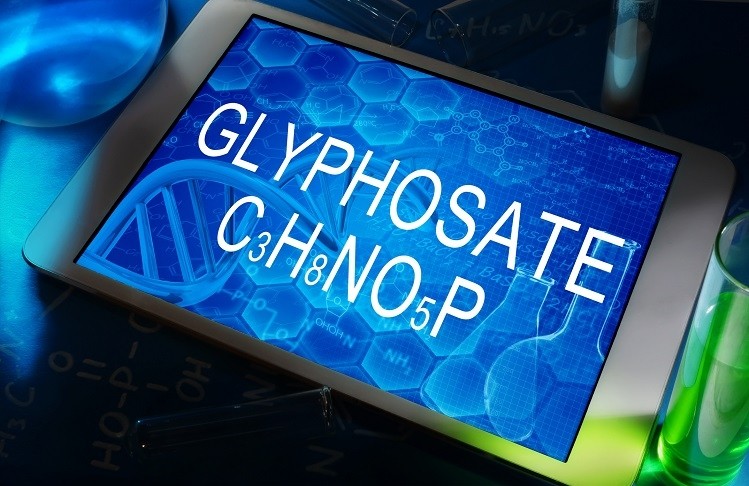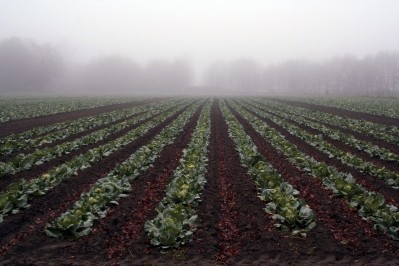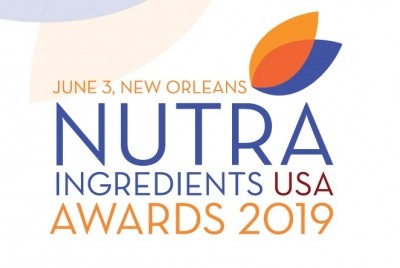Ingredient suppliers are joining the ‘glyphosate residue free’ certification bandwagon

Launched in May 2017, The Detox Project has certified over 700 products from over 30 brands with its Glyphosate Residue Free certification, its director and founder Henry Rowlands told us.
The certification attests that a product has gone through analysis for levels of glyphosate, a weed killer used on crops genetically engineered to be resistant to it, by third-party ISO-certified laboratories using a method called LC-MS/MS (or low detection liquid chromatography tandem-mass spectrometry) at least three times a year.
“The increase in demand for the certification has been extreme,” he said. “We have seen a fast growth in the last 6 months—much more than in the previous 18 months.”
The earliest adopters of the seal are brands with final food and supplement products, which make up 80% of all certified brands such as whole food supplement brand MegaFood and pantry staples brand Chosen Foods.
READ MORE: Is it necessary for supplement companies to test for glyphosate? MegaFood thinks so
Increasingly, ingredient suppliers are finding value in getting certified as well. Most recently, Indiana-based ingredient supplier Verdure Sciences announced that its ingredients Longvida (a curcumin ingredient) and Pomella (a pomegranate extract) have been certified.
“In taking every effort to ensure we offer safe and efficacious ingredient solutions, it is especially exciting that we have been working to proactively promote and certify this further for our customers,” said Kristen Marshall, marketing coordinator at Verdure Sciences, in a press release sent out yesterday.
What’s driving the ‘glyphosate residue free’ popularity?
From a well-publicized report from the EWG on glyphosate in oat products, to a high-profile ruling requiring Monsanto to pay $289 million in damages to a man who alleged its glyphosate-based herbicide caused his cancer, many events in the past year has fueled the attention glyphosate is getting in the consumer packaged goods space.
The safety of glyphosate is still contested. The International Agency for Research on Cancer, a part of the UN's World Health Organization, contends that the herbicide glyphosate is 'probably carcinogenic to humans,' while many regulatory agencies around the globe as well as now Bayer-owned Monsanto, which manufactures Roundup (a herbicide containing glyphosate) argue that trace amounts are safe.
In July 2017, the state of California added glyphosate to its Prop 65 list, though it mostly affects garden and farming products because glyphosate traces on packaged food and similar products tend to be below the safe harbor level.
Still, The Detox Project’s seal has proved popular for packaged goods brands. “The most popular categories [for the certification] so far are currently honey, goat milk, CBD oils, oat cereals, juices and dairy alternatives,” Rowlands said.
When brands come to The Detox Project, they express that they are most curious about the levels of glyphosate and pesticides in their products and how to remove them from their supply chains, he added.
“The second question from most brands is what is the level of consumer recognition of Glyphosate Residue Free certification,” Rowlands said. “My answer is always 'Glyphosate Residue Free' is the new 'Gluten Free' - and there is massive demand for it due to glyphosate being the number one chemical on people's minds.”








